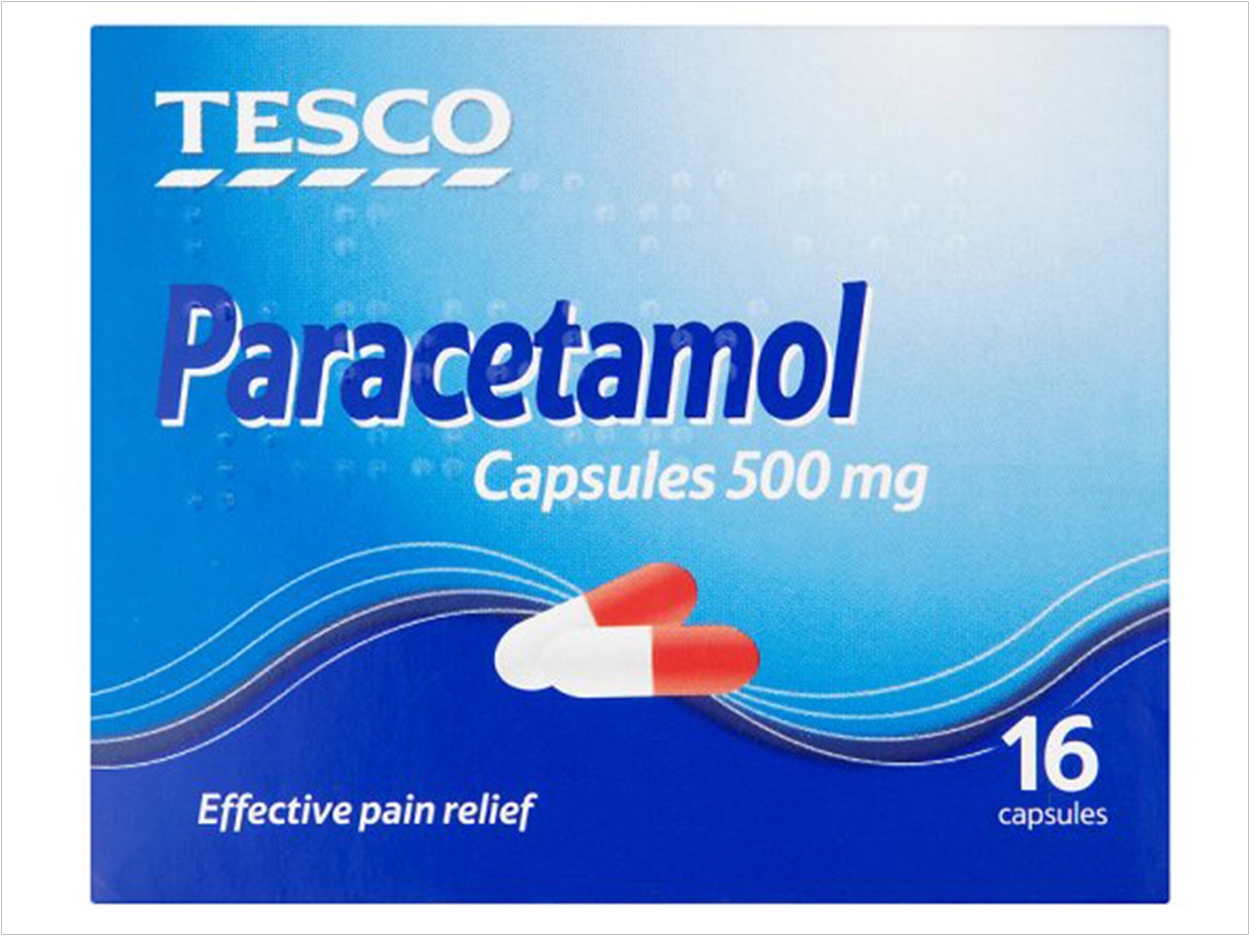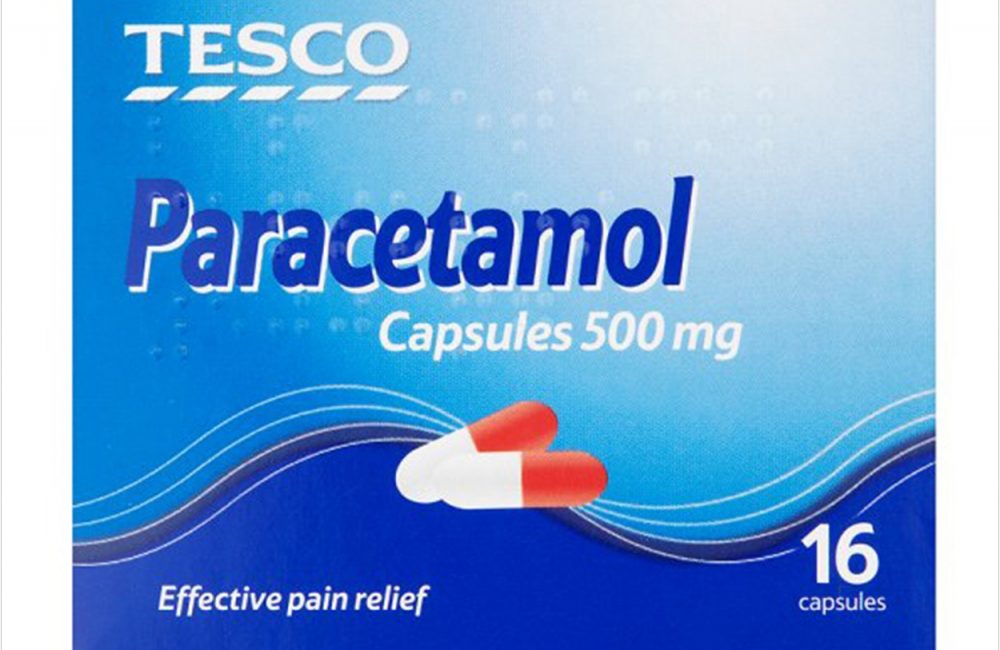
The British Dental Association (BDA) has warned that self-medication must not fill the National Health Service (NHS) access gap as research points to sizable numbers of patients unable to access care for dental pain risking paracetamol overdose in accident and emergency (A&E) departments.
The study at Queen’s Medical Centre Nottingham’s A&E unit identified self-medication for dental pain with paracetamol as a significant cause of accidental overdose and potential liver failure.
Over a two-year period, 436 cases presented to the emergency department with accidental paracetamol overdose, 164 of which were a direct result of dental pain. The study revealed that lack of access to emergency dental care was a contributory factor in paracetamol overdose.
Amid rising access problems, dental leaders asked authorities to commission more in-hours urgent care slots to improve access for patients and to reduce the costly A&E and general physician attendances for dental complaints.
The BDA has estimated that around 135,000 dental patients visit A&E departments each year at an annual cost of nearly £18 million, with more than 95,000 cases of toothache coming in at £12.5 million, while a further 600,000 patients a year seek dental treatment from general physicians.
Neither A&E departments nor general physicians are equipped to treat dental pain, which usually requires specialized and time-consuming surgical intervention by a dentist, whereas general physicians and A&E departments can only provide temporary pain relief or inappropriate antibiotics.
“Paracetamol is not a solution for dental pain and is simply a temporary measure until a dentist can provide treatment. Sadly, lives are now at risk as failure to provide sufficient care for dental emergencies is leaving patients to self-medicate,” said Henrik Overgaard-Nielson, the BDA’s chair of general dental practice.
“Dental patients need to be treated in the right place, at the right time, and by the right team. Again, failure to invest in both routine and emergency dental care is jeopardizing appropriate diagnosis and treatment and heaping needless pressure across the NHS,” Overgaard-Nielson said.
The study, “Dental pain management—a cause of significant morbidity due to paracetamol overdose,” was published by the British Dental Journal.
Related Articles
Barriers to Dental Care Send Thousands to Emergency Rooms for Treatment
Dental Cases Increasing in Nebraska Emergency Departments












